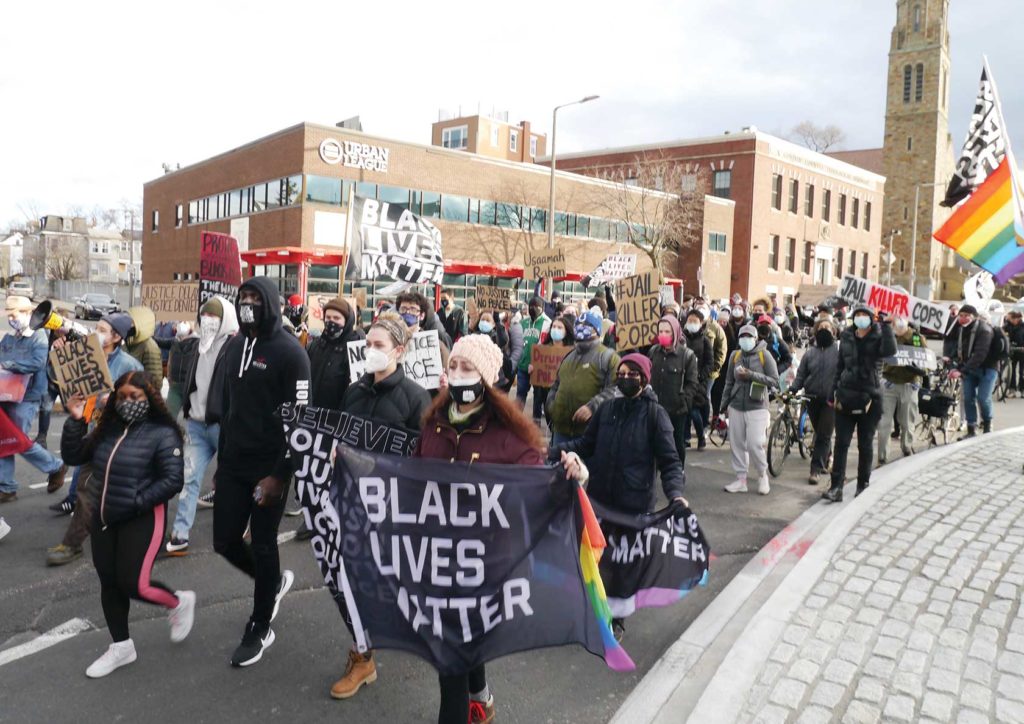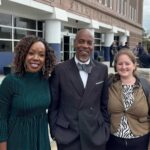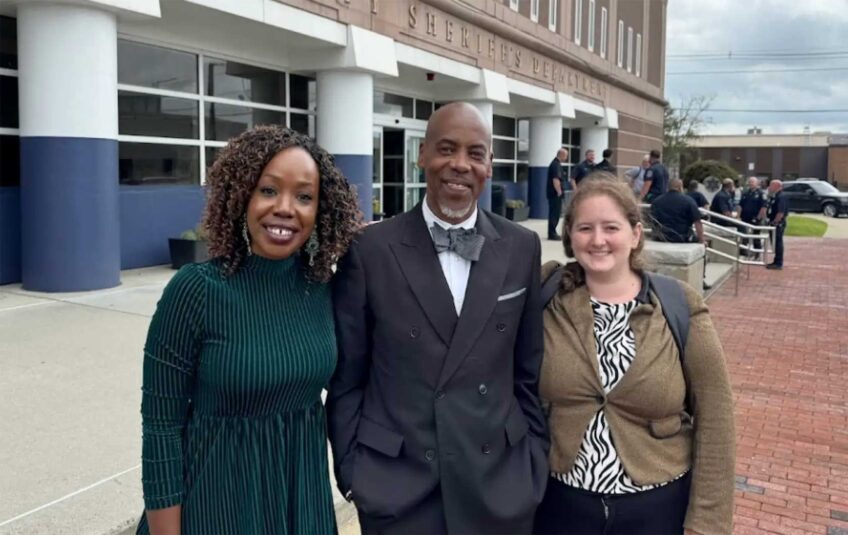Year in review: Boston saw profound political changes in 2021
Politicians followed an increasingly left-leaning electorate

In the year 2021, as was the case in 2020, news around the globe was dominated by a microscopic virus that has brought the world to its knees.
Yet 2021 in Boston also was a year of historic political firsts — with four women running for mayor and a new crop of Black, Latino and Asian politicians who have redrawn the political landscape in the city.
Before Michelle Wu’s historic victory in the November election, District 7 City Councilor Kim Janey made history when she transitioned, as president of the City Council, into the role of acting mayor, becoming the first Black person and first woman to serve in that role in the city’s history.
During her seven months in office, Janey piloted the city through the challenges posed by the pandemic, helped businesses reopen, welcomed children back to school and withstood bruising attacks from a crop of mayoral challengers angling for the seat she held.
Janey was also among the historic field of candidates, one of two Black women in a field that included an Arab American woman, a Latino man and a Cape Verdean man as well as the eventual victor, Wu, who is Taiwanese American.
The local political dominoes began to fall in January, when Joe Biden assumed the presidency and rumors circulated that that then-Mayor Martin Walsh would be tapped to serve as Secretary of Labor.
Walsh’s departure in March opened the floodgates, drawing candidates into the mayoral race and creating vacancies on the City Council.
Along with the diverse crop of City Council candidates vying to fill five vacancies on the body, the mayoral candidates faced an electorate that pollsters confirmed was itching for change, with majorities supporting a return to an elected school committee and the return of rent control in Boston.
After the September preliminary ballot whittled the mayoral field down to two candidates, Wu represented the new Boston and captured the imagination and support of younger, progressive-leaning voters, while at-large Councilor Annissa Essaibi George proved unable to expand beyond her predominantly white and older base of voters in South Boston, Dorchester and parts of West Roxbury, Hyde Park and East Boston.
While Wu’s historic victory made headlines across the country — breaking a color barrier in a city seen my many Americans as a bastion of white political power — other stories pointed to profound change in a city with a growing population and increasing racial diversity.
Next week, as new city councilors are seated, the body will likely continue to move away from its past as a white-male-dominated, moderate-to-conservative body. A coalition of Black and Latino councilors who backed District 3 Councilor Ed Flynn as council president are expected to secure key posts, including chairs of Ways and Means, Redistricting, and Government Operations committees, positioning them to drive forward a progressive agenda.
While Wu may face headwinds from the state Legislature and the governor’s office on issues such as rent control and her campaign pledge to press for fare-free MBTA buses, she and a critical mass of councilors appear ready to take on those fights.









